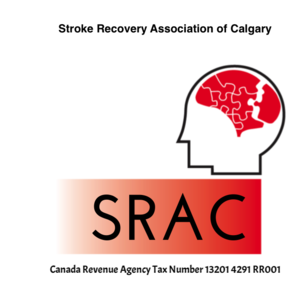What Stroke Survivors Want You to Know
REST - I need a lot more rest than I used to. I’m not being lazy. I get physical fatigue as well as “brain fatigue.’”
STAMINA - My stamina fluctuates, even though I may look good or “all better” on the outside. Please resist expecting me to be who I was, even though I look better.
REHAB - Brain injury rehabilitation takes a very long time; it is usually measured in years. It continues long after formal rehabilitation has ended.
SOCIAL - I am not being difficult if I resist social situations. Crowds, confusion, and loud sounds overload my brain, it doesn’t filter sounds as well as it used to.
OVERLOAD - If there is more than one person talking, I may seem uninterested in the conversation. That is because I have trouble following all the different “lines” of discussion.
PATIENCE - Patience is the best gift you can give me. It allows me to work deliberately and at my own pace, allowing me to rebuild pathways in my brain. Rushing and multi-tasking inhibit cognition.
LISTEN - Please listen to me with patience. Try not to interrupt. Allow me to find my words and follow my thoughts. It will help me rebuild my language skills.
CONTROL - If we are talking and I tell you that I need to stop, I need to stop NOW! And it is not because I’m avoiding the subject, it’s just that I need time to process our discussion and to “take a break” from all the thinking.
NOTICE - Try to notice the circumstances if a behaviour problem arises. Behaviour problems are often an indication of my inability to cope with a specific situation and not a mental health issue.
MEMORY - Please have patience with my memory. Know that not remembering doesn’t mean that I don’t care.
RESPECT - Please don’t be condescending or talk to me like I am a child. I’m not stupid, my brain is injured, and it doesn’t work as well as it used to. Try to think of me as if my brain were in a cast.
RETRAINING - If I seem “rigid,” needing to do tasks the same way all the time; it is because I am retraining my brain. Repeating tasks in the same sequence is a rehabilitation strategy.
PROCESSING - If I seem “stuck,” my brain may be stuck in the processing of information. Coaching me, suggesting other options or asking what you can do to help may help me figure it out.
INDEPENDENCE - You may NOT be able to help me do something if helping requires me to frequently interrupt what I am doing to give you directives. I work best on my own, one step at a time and at my own pace.
REPETITION - If I repeat actions, like checking to see if the doors are locked or the stove is turned off, it may seem like I have OCD — obsessive-compulsive disorder — but I do not. Repetitions enhance memory.
LABILITY - If I seem sensitive, it could be emotional lability as a result of the injury. Tasks that used to feel “automatic” and take minimal effort, now take much longer.
SUPPORT - We need cheerleaders now, as we start over, just as children do when they are growing up. Please help me and encourage all efforts. Please don’t be negative or critical. I am doing the best I can.
HOPE - Don’t confuse Hope for Denial. No one can know for certain what our potential is. We need Hope to be able to navigate our new lives. Everything in our lives is extraordinarily difficult for us now. It would be easy to give up Hope.
Created with the assistance of the Amazing Brain Injury Survivor Support Group of Framingham, MA. Posted on Brain Line July 28, 2011. (Brainline.org)

